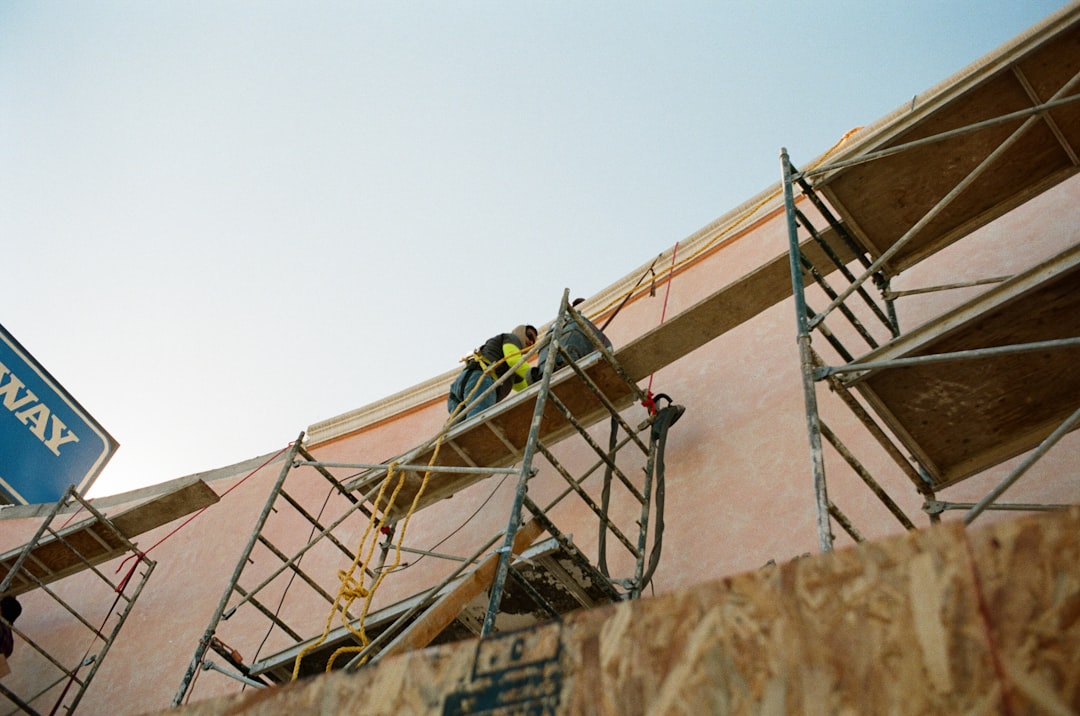
Kitchen ventilation is no longer an afterthought—homeowners demand quiet, efficient vent hoods that match modern design and local code. Misjudge the price and your margin disappears. Overprice and you lose the bid. CountBricks uses real-time voice capture and AI cost libraries to nail vent hood pricing down to the last clamp, giving residential contractors an instant competitive edge.
• Standard under-cabinet hoods: Affordable, limited features
• Wall-mount chimneys: Mid-range, popular in remodels
• Island hoods: Higher airflow and style, premium price
• Custom integrated liners: Top-tier, built into cabinetry
• Rigid metal ducts for optimal airflow
• Elbows, dampers, and termination caps
• Fire-rated sealants per residential code
• Removal of existing unit (if retrofit)
• Rough-in framing and blocking
• Electrical connection and breaker labeling
• Final mounting, testing, and homeowner orientation
Residential jurisdictions often require a mechanical permit when ducting through exterior walls or roofs. CountBricks auto-pulls the latest fee schedules into every estimate.
Based on thousands of recent CountBricks estimates:
• Budget retrofit (30" under-cabinet, short duct run): $500–$950
• Mid-range wall-mount (chimney style, moderate ducting): $700–$1,500
• Premium island hood (600+ CFM, roof penetration): $1,200–$3,000
These figures include materials, labor, and average permit fees—but exclude major structural alterations. Use CountBricks.com to access dynamic pricing updated daily.
Contractors walk the site and describe dimensions, ceiling height, and finish level. CountBricks’ mobile app transcribes and tags critical details instantly.
Our engine cross-references the latest appliance catalogs, local supplier SKUs, and regional labor tables. No manual spreadsheet hunts—just a finished line-item cost.
Upload a PDF plan or snap photos; CountBricks detects duct paths, hood centerlines, and necessary framing blocks. Precise linear footage becomes part of the estimate automatically.
• Choose rigid ducts over flex to reduce static pressure—smaller fans save cash
• Reuse existing exterior vent caps when code permits
• Bundle vent hood installs with range or microwave replacements to share electrician setup fees
• Order extension chimneys early for tall ceilings—last-minute custom trims spike costs
1. Ignoring CFM-to-Duct Diameter Rules
Many bids skip this code requirement. CountBricks flags mismatches so you don’t eat rework costs.
2. Forgetting Roof Patch Labor
Penetrating a metal roof? You’ll need flashing and weatherproofing. Our templates add that automatically.
3. Overlooking Makeup Air Systems
High-CFM hoods may trigger fresh-air intake code. CountBricks suggests compatible kits and prices them in.
1. Capture scope during the initial walkthrough—voice only
2. Review the auto-generated estimate on CountBricks.com
3. Convert to a branded proposal with one click, complete with customizable allowances
4. When approved, push tasks to your field crew app and track actual vs. estimated spend in real time
5. Generate a detailed invoice that mirrors the original vent hood pricing structure—no manual data entry
Residential kitchens will continue trending toward higher CFM requirements and smarter ventilation. CountBricks updates labor productivity factors and material SKUs weekly, so today’s bid remains accurate tomorrow. Whether you install one hood a month or manage multifamily developments, CountBricks keeps your vent hood pricing sharp, transparent, and profitable.
Visit CountBricks.com to schedule a free demo and see live vent hood pricing in action.

When BrightStone Builders partnered with CountBricks for a new 40-unit townhome development, vent hood pricing was a potential budget buster. Each unit required a 400 CFM wall-mount chimney hood connected through a shared chase.
• Four different ceiling heights demanded variable chimney extensions
• Limited chase space required tight duct turns
• Local code enforced strict makeup air requirements for hoods above 300 CFM
1. The superintendent used our voice interface to describe each unit variant. Within minutes, CountBricks generated four distinct vent hood pricing templates, complete with extension kits and code-compliant duct diameters.
2. The AI engine identified a bulk purchase opportunity: switching to a slightly higher CFM model with an integral makeup air damper saved $87 per unit in separate kit costs.
3. Blueprint takeoffs calculated total rigid duct footage and the exact number of 90-degree elbows, which warehouse staff pre-assembled into labeled kits, cutting on-site labor by 12%.
• Total vent hood spend reduced by $6,960 against the original budget
• Estimate-to-actual variance held at 1.4%, well under the 5% target
• Projected schedule saved two working days thanks to pre-kitted materials
• Standardize hood models across unit types to leverage volume discounts
• Use CountBricks voice tags like “roof deck penetration” to auto-apply flashing labor
• Export the vent hood task list to your crew scheduling tool to avoid idle time between units
CountBricks proves that detailed vent hood pricing isn’t just about numbers—it’s about smarter logistics, code compliance, and predictable profits. Explore more success stories at CountBricks.com.